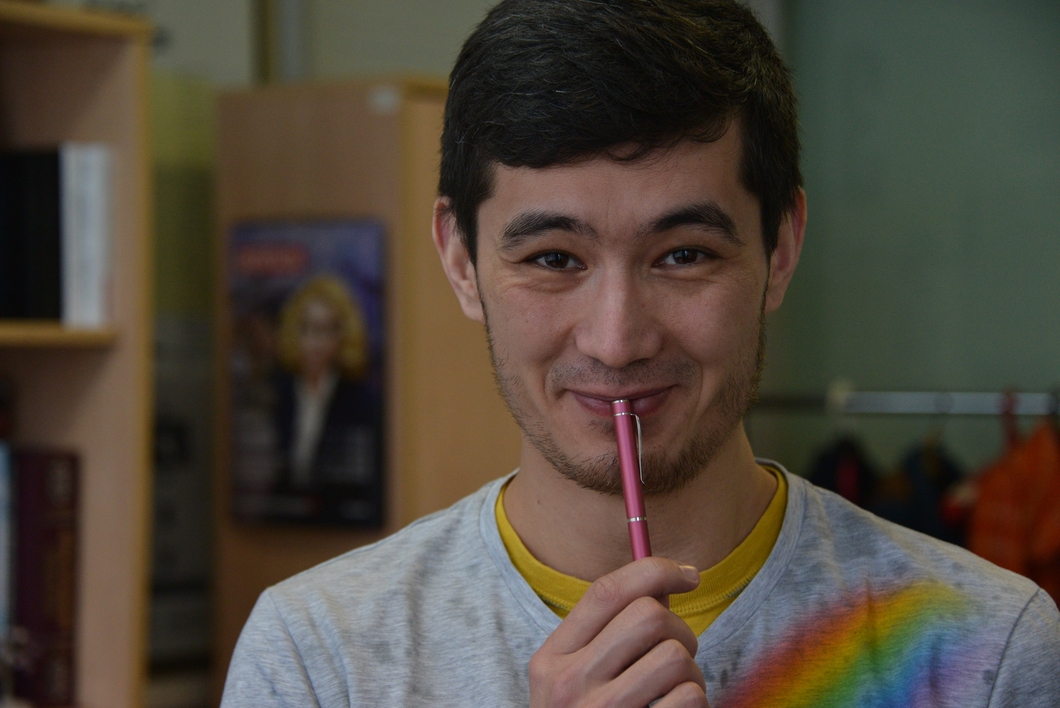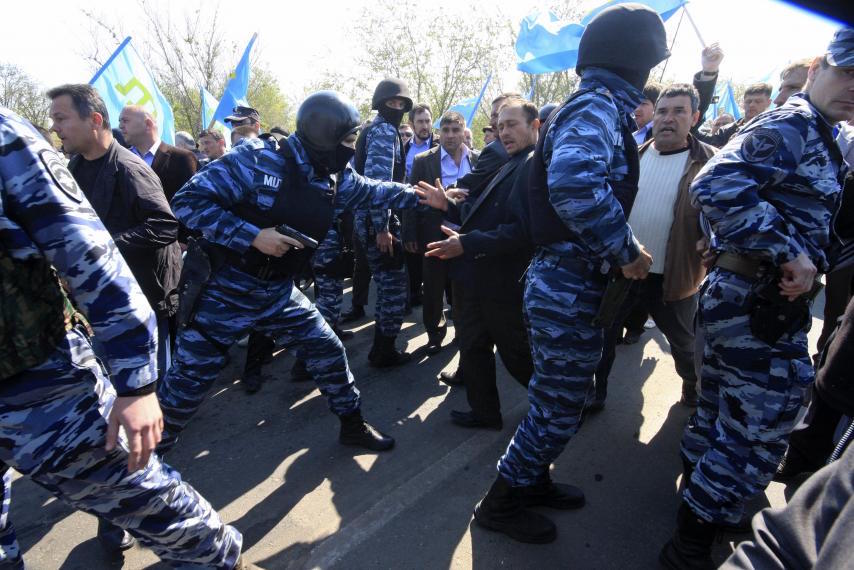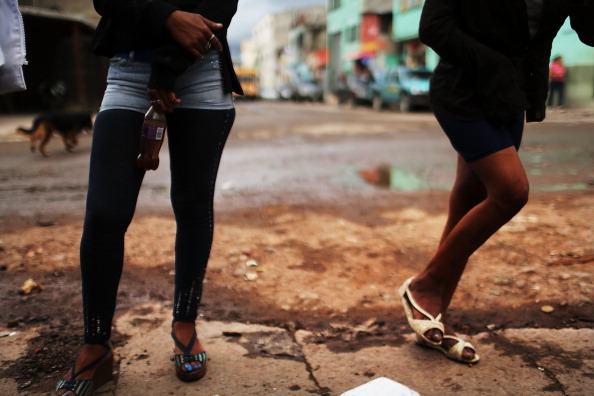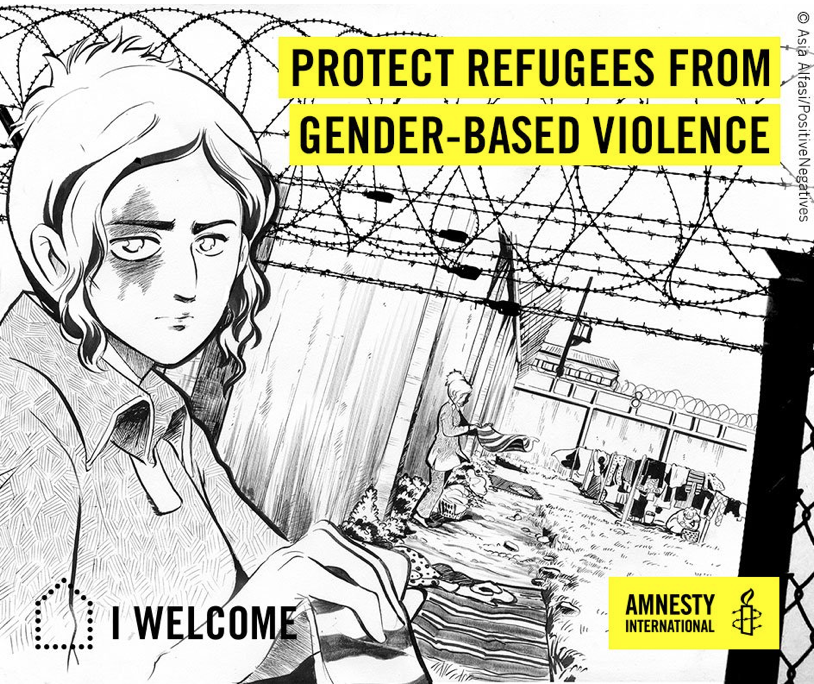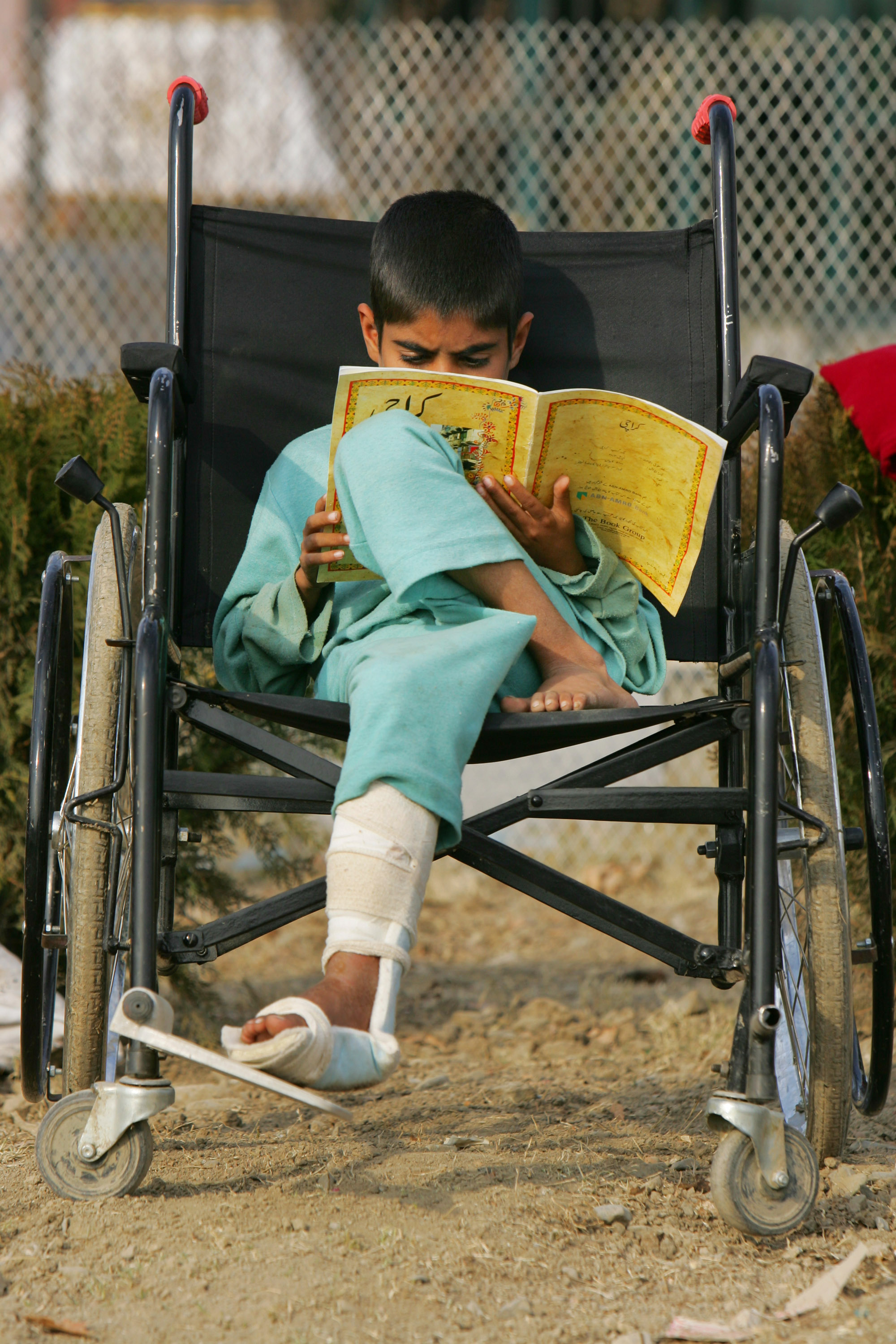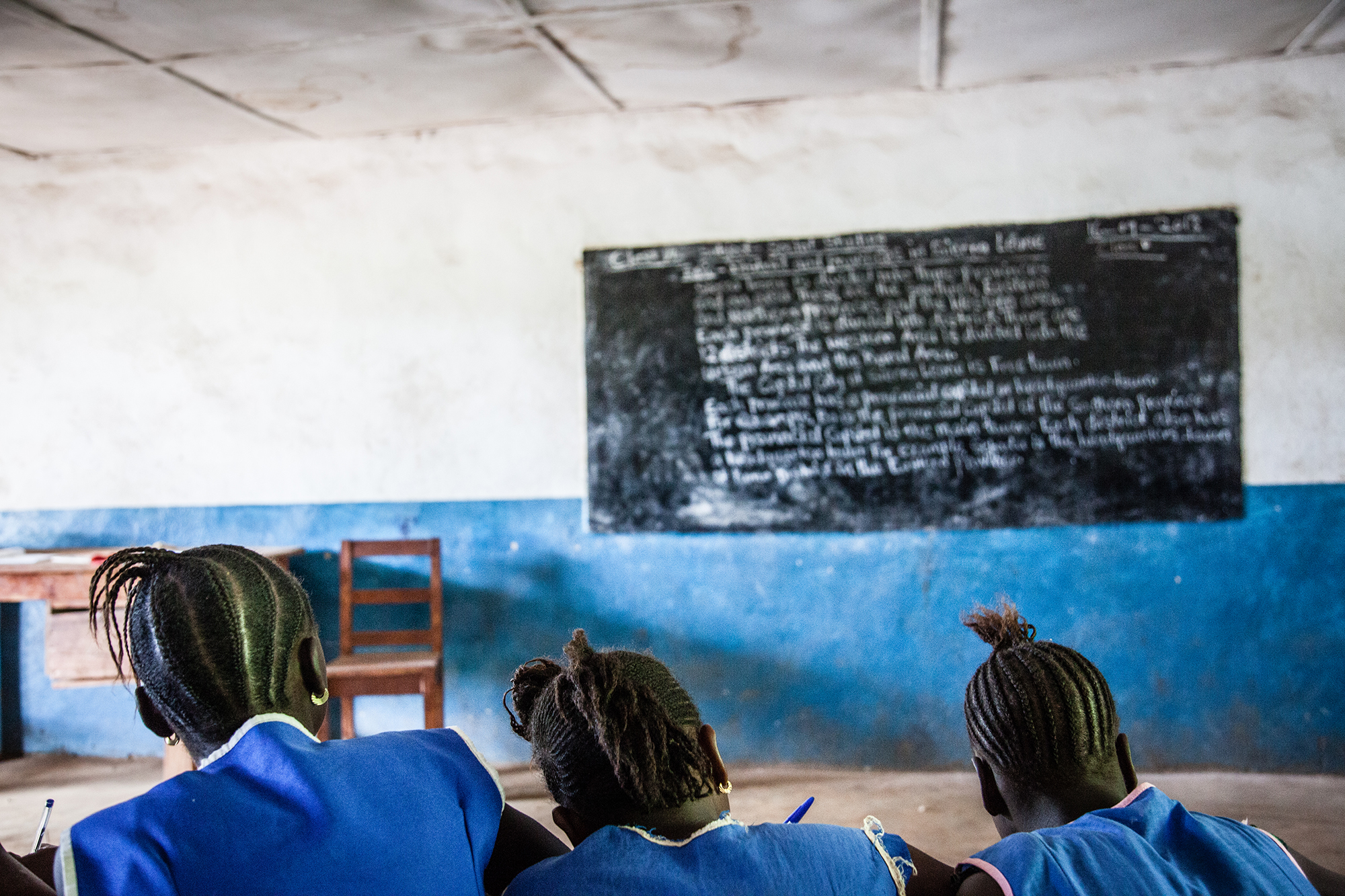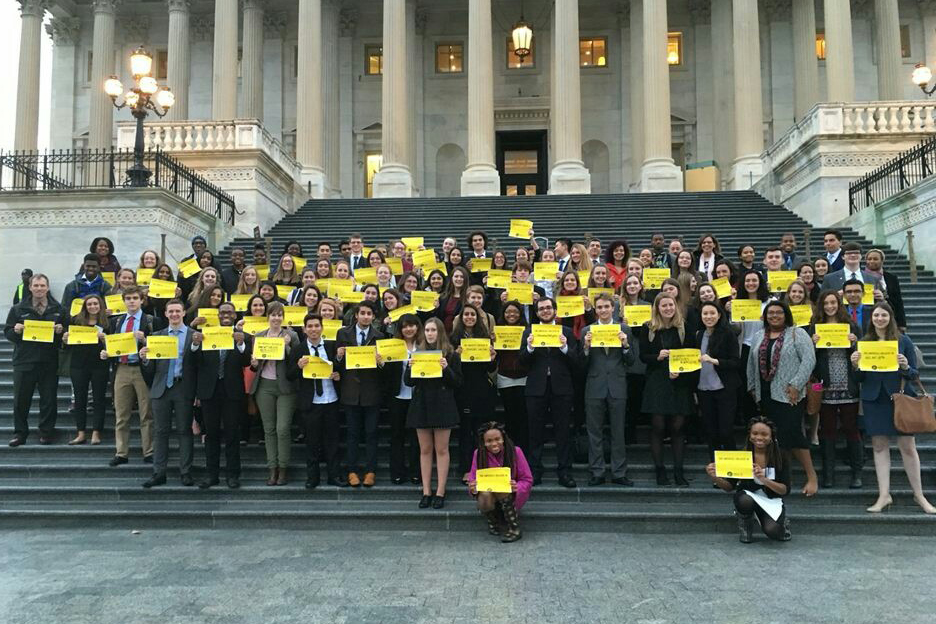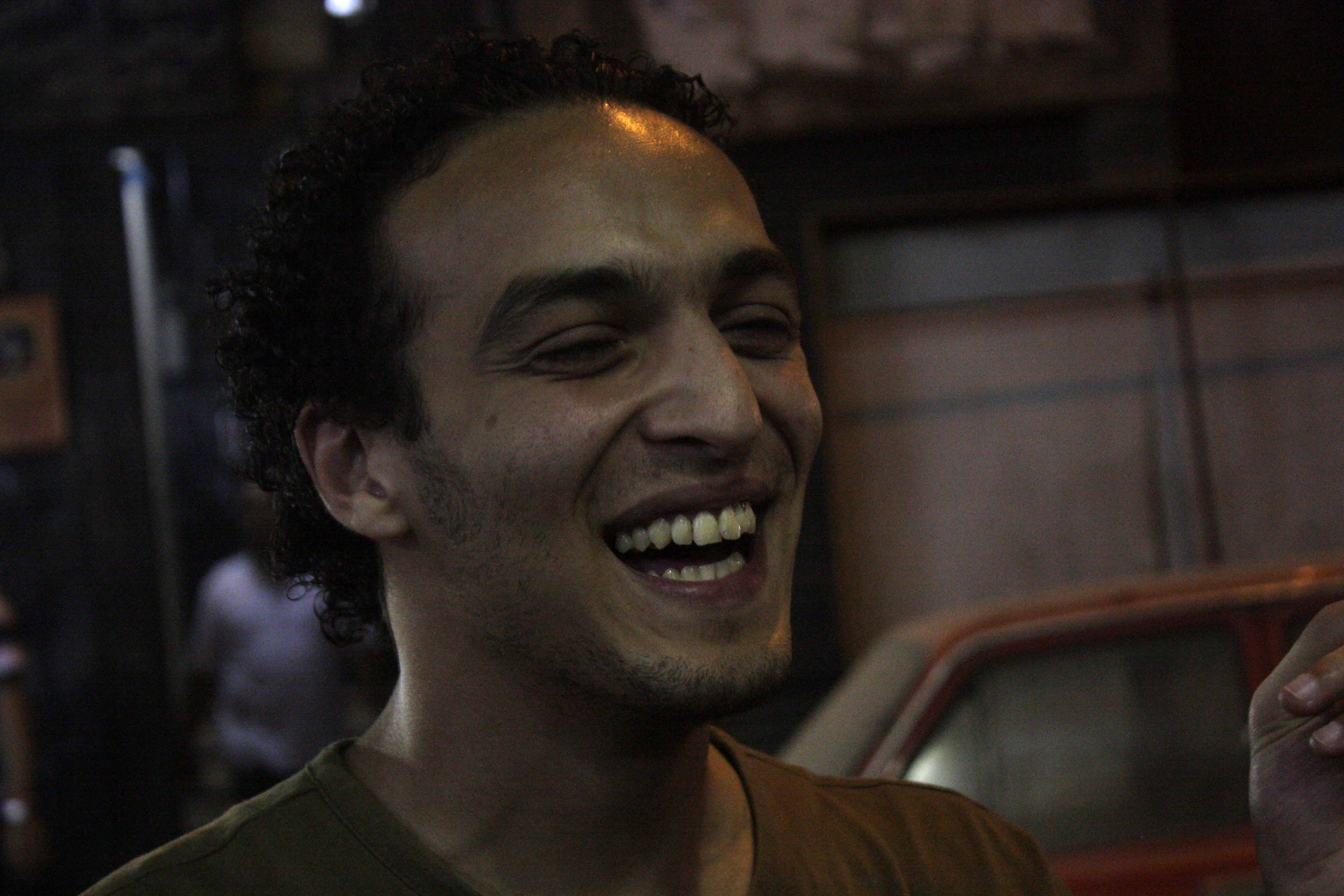
Photojournalist Mahmoud Abou Zeid, known as Shawkan, was arrested on Wednesday 14 August 2013 as he was taking pictures of the violent dispersal of the Rabaa al-Adaweya sit-in in August 2013. He is one of dozens of Egyptian journalists arrested since former President Mohamed Morsi was ousted on 3 July 2013.
By Geoffrey Mock, Middle East Country Specialist
The future of Egypt is now behind bars. A generation of young Egyptians – activists, artists, journalists, lawyers and others – who embodied the promise of Tahrir Square and who offer a creative vision of a new Egyptian society – has been shut down and silenced because of their beliefs. Mass protests have given away to mass arrests.
One of the more than 16,000 people caught up in these arrests is Mahmoud Abu Zeid, a young Egyptian photojournalist who goes by the name Shawkan. In August 2013, he was taking photos of a peaceful sit-in when security forces moved in violently. In contemporary Egypt, that act of taking photos is a crime, one that now could potentially have him facing the death penalty.
This is how Shawkan later described that day: SEE THE REST OF THIS POST


